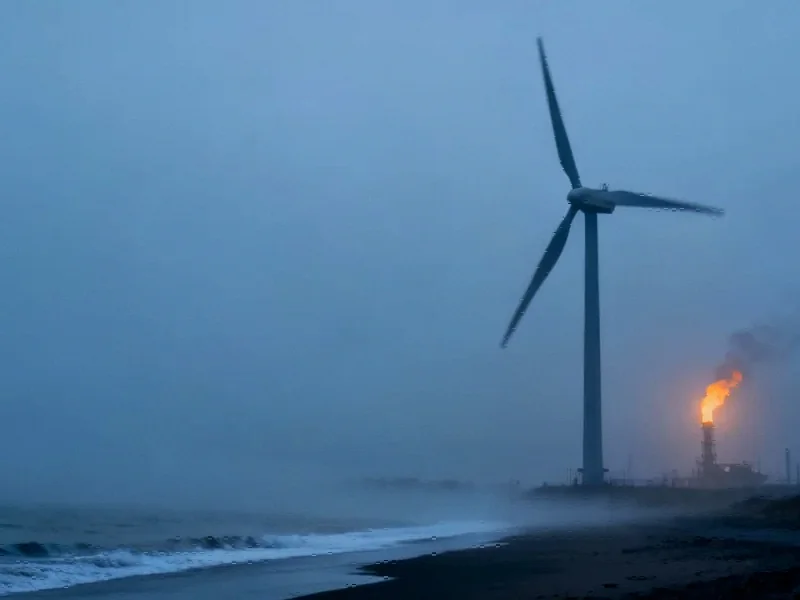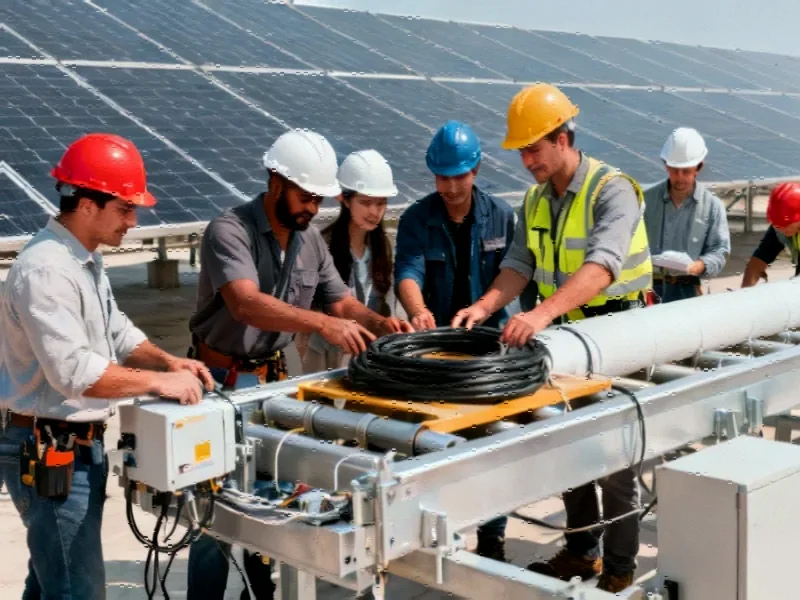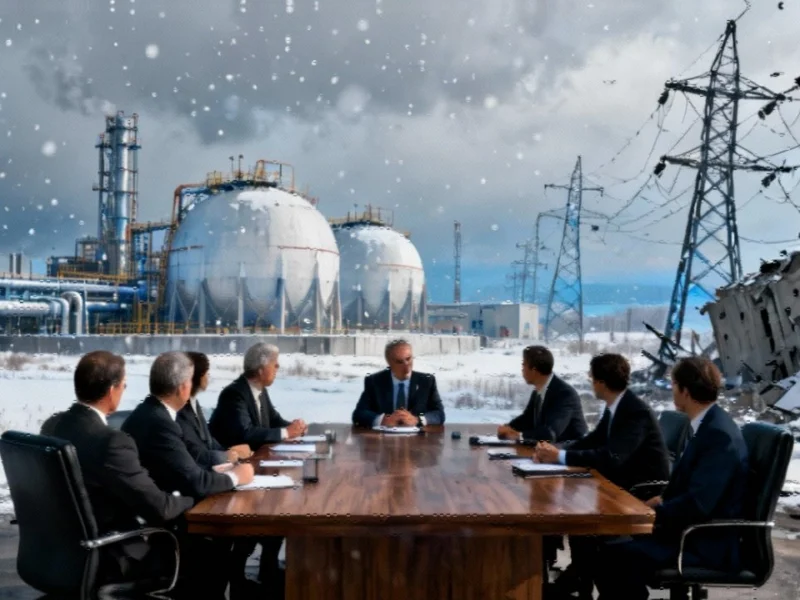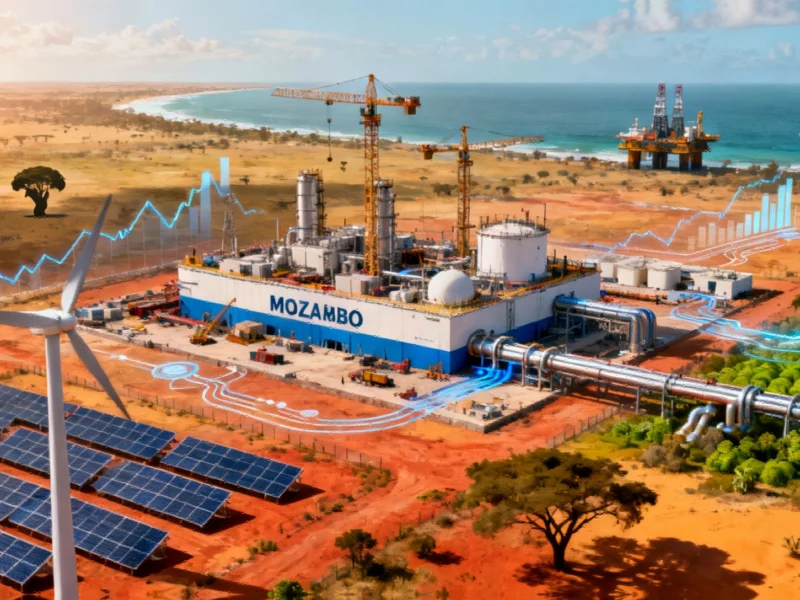Balancing Energy Needs and Environmental Commitments
Germany’s ambitious plan to expand natural gas infrastructure, including a controversial project in the Wadden Sea nature reserve, is creating significant tension between immediate energy security concerns and long-term climate commitments. The country, which faces a legal deadline to achieve carbon neutrality by 2045, is simultaneously accelerating fossil fuel projects while scaling back renewable energy ambitions—a contradiction that has drawn criticism from environmental groups and local communities alike.
The Wadden Sea project, a joint Dutch-German venture approved last month, exemplifies this conflict. Situated just outside the protected marine area but visible from the island of Borkum, the platform will extract 13 billion cubic metres of gas despite the International Energy Agency’s warning that new fossil fuel development is incompatible with limiting global warming to 1.5°C. As Germany’s gas expansion clashes with climate goals, the project represents a broader pattern of energy policy shifts that could undermine the country’s leadership in climate action.
Local Opposition and Environmental Concerns
For Borkum residents, the gas platform represents an unwelcome intrusion into their landscape and livelihoods. “It’s been seen as a punch in the face,” said Jürgen Akkermann, the island’s mayor, who is working on geothermal energy plans to make Borkum independent of fossil fuels for heating by 2030. “You’re taking care of it, you’re engaged—and then you get a gas platform shoved in front of your nose.”
The Wadden Sea is the largest unbroken system of intertidal sand and mud flats in the world, recognized by UNESCO for its unique ecosystems. While the extraction itself will occur outside the protected zone, the required infrastructure—including a cable through a rocky reef connecting to an offshore windfarm—has prompted legal challenges from environmental groups. Recent industry developments in energy infrastructure often face such conflicts between development and conservation priorities.
Political Shift Accelerates Fossil Fuel Projects
The pace of gas project approvals has accelerated since April, when a new coalition government took office with Katherina Reiche as economy minister. A former utility company lobbyist, Reiche is pushing to build 20 gigawatts of gas-fired power plants by 2030 while calling for a “reality check” on renewable energy targets.
This policy shift comes amid changing political dynamics, with high energy prices contributing to increased support for far-right parties that have aggressively attacked green policies. The government argues that security of supply and affordability must be balanced with climate protection, but critics see the moves as backtracking on commitments. These market trends reflect broader European struggles to maintain climate ambition during energy transitions.
The Greenwashing Debate
Project developer One-Dyas has attempted to address environmental concerns by electrifying the platform and designing it to be low-profile, arguing their gas will be cleaner than imported LNG. The company also secured court approval to power the platform with renewable energy from an adjacent windfarm.
However, climate activists call this “greenwashing,” noting that burning the extracted gas will still release significant carbon emissions. “We’re just normalizing the destruction of the climate,” said Carla Reemtsma of Fridays for Future, who helped organize beach protests on Borkum. She warns that even small projects like the Wadden Sea platform create precedents for more extensive fossil fuel development. Meanwhile, related innovations in non-invasive technology demonstrate how energy needs might be met with fewer environmental impacts.
Broader Implications for Energy Transition
Germany’s situation reflects a global challenge: how to manage energy security while pursuing climate goals. The country raced to find new gas sources after Russia’s 2022 invasion of Ukraine, boosting imports from Norway and rapidly building LNG terminals. Domestic drilling represents another pillar of this strategy, with projects moving forward in Lower Saxony, Bavaria, and potentially Brandenburg.
Yet this comes as the energy ministry suggests scaling back renewable expansion, citing a controversial report predicting slower electricity demand growth. The proposals include cutting subsidies and building “only as much as we actually need,” which environmental groups argue jeopardizes climate targets. These policy debates coincide with significant recent technology advances in renewable energy that could potentially meet more of Germany’s needs if properly supported.
The tension between immediate energy needs and long-term climate responsibility places Germany at a crossroads. As the country navigates this complex landscape, the world watches how Europe’s largest economy will reconcile its climate leadership ambitions with practical energy security concerns—a challenge that will shape global climate efforts for years to come. The ongoing industry developments in space exploration and nuclear monitoring underscore how technological progress continues across multiple sectors despite energy policy uncertainties.
This article aggregates information from publicly available sources. All trademarks and copyrights belong to their respective owners.
Note: Featured image is for illustrative purposes only and does not represent any specific product, service, or entity mentioned in this article.



